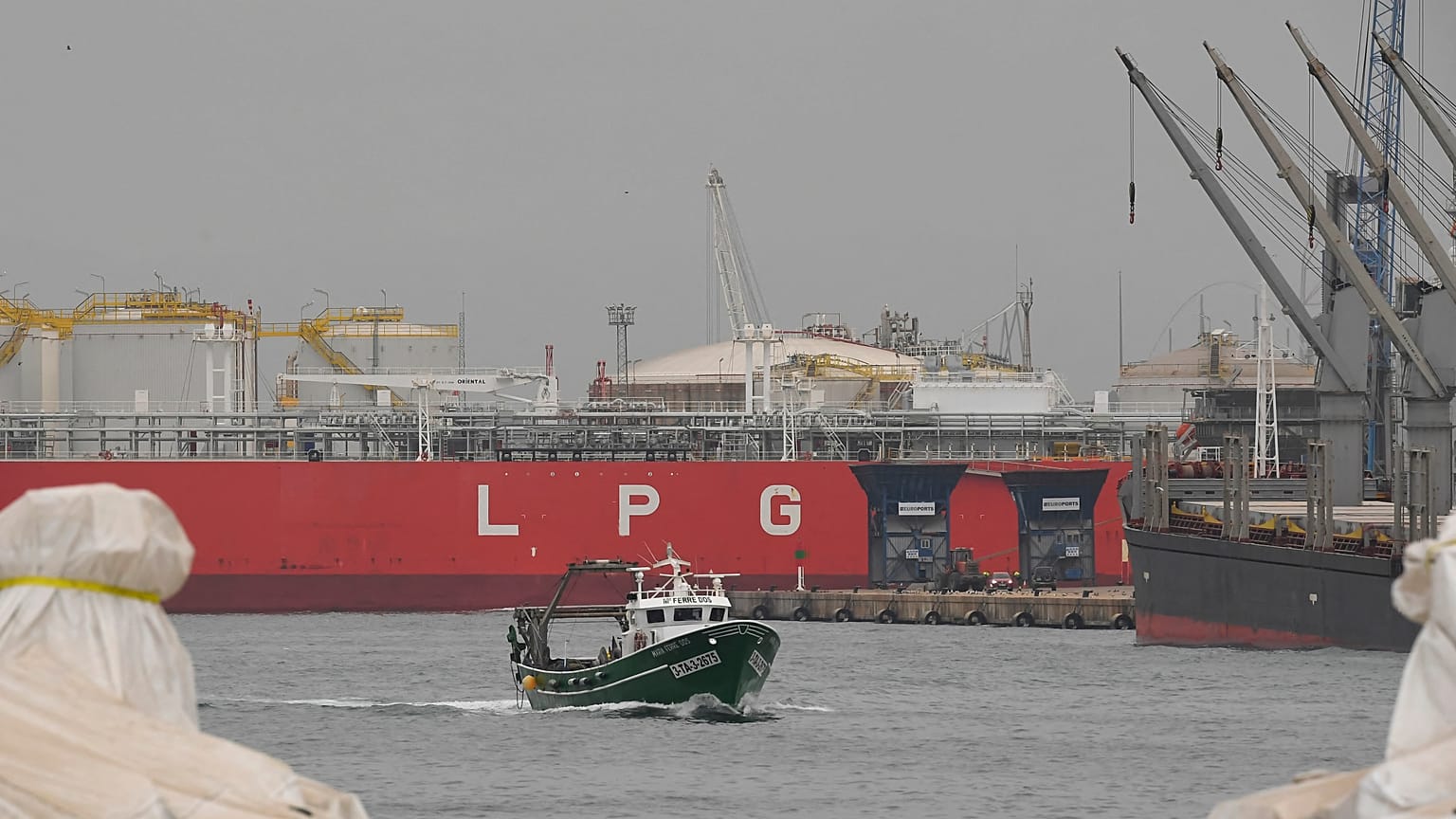The proposal, aimed at strengthening the EU's independence and autonomy in the energy sector, will enter into force at the beginning of the year, pending approval from the EU Council and EU Parliament.
The European Union has made one step forward towards breaking free of its dependence on Russian fossil fuel imports and diversifying its energy supplies.
Representatives from the European Parliament and the EU council struck an early morning provisional deal on Wednesday to allow EU countries to add a REPowerEU chapter to their post-COVID national recovery and resilience plans.
REPowerEU is a plan unveiled in May by the Commission in response to Moscow's war on Ukraine to utilise €225 billion of unspent money initially earmarked to help the bloc's economies rebound from their COVID slump to speed up the energy transition and diversify energy supplies away from Russia.
The deal will enable capitals across the bloc to receive crucial funding for key investments and reforms supporting the energy transition and the increased resilience of the EU energy system.
"We delivered on what we promised: REPowerEU will enter into force at the beginning of next year. We successfully concluded negotiations between the European Parliament and the Council last night,” Siegfried Mureşan, EPP Group Vice-Chair for Budgets and Structural Policies and one of the main negotiators, said.
"With 20 billion euros in new funds, REPowerEU will support Member States in reducing their dependency on Russian fossil fuels. It will also speed up the transition to renewable energy.”
New and existing reforms and investments outlined in the member states’ recovery plans starting from February 1, 2022 – the onset of the war in Ukraine – will receive REPowerEU’s funding. These measures must be designed to tackle energy poverty for vulnerable households and small- and medium-sized businesses.
Some 30 per cent of the funds included in the REPowerEU plan will be assigned to cross-border projects, as the EU wants to create a strongly independent and autonomous “Energy Union”.
Romanian MEP Dragoș Pîslaru (Renew) described the agreed plan as "an instrument that has three main ingredients: ambition, transparency and flexibility."
"It is a moment of tremendous ambition from the EU to show and provide the means to become energetically independent from one door to another, from one neighbour to the bakery at the corner of the street," he added.
"REPowerEU is the solution our citizens, our businesses, our generations need to overcome this energy crisis and to cut out their energy bills. And today I am proud to say we made it!”















